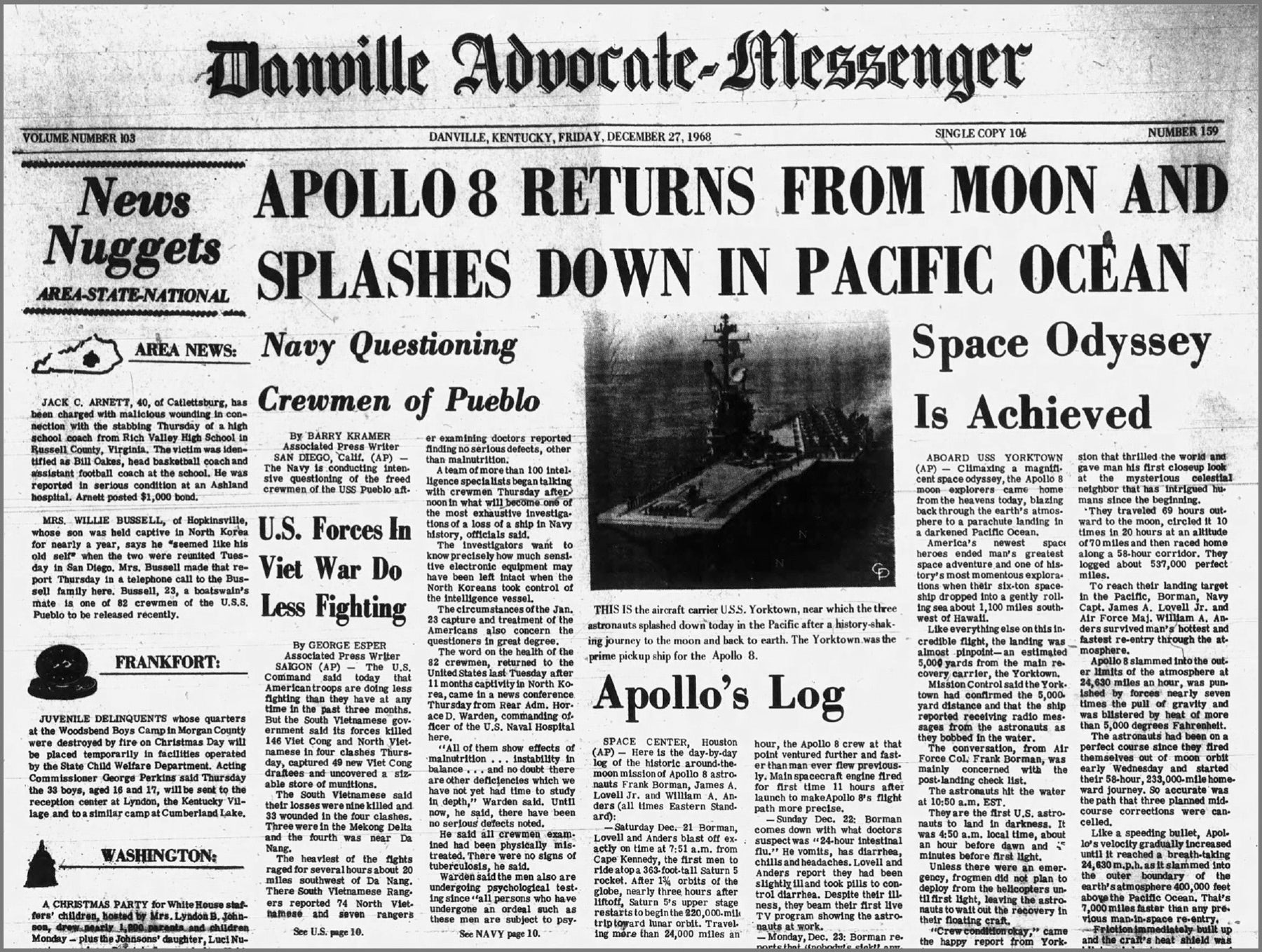Best diet choices for breastfeeding moms
Published 4:46 pm Tuesday, August 13, 2019

- public domain
By ALETHEA PRICE
Boyle County Extension Agent for Family and Consumer Sciences
August is National Breastfeeding Month. Nutrition is always a topic I enjoy talking about, so let’s take a look at the nutritional needs of breastfeeding moms.
When new moms make the commitment to breastfeed, they also need to commit to a nutrient-dense diet. Some women might require more calories and nutrients during breastfeeding than when they were pregnant.
Moms who exclusively breastfeed their child need approximately 670 additional calories each day. Women’s bodies can use fat as a fuel source for 100 to 170 calories, so that leaves about 500 calories that should come from the diet during the first six months of infancy. After the baby reaches 6 months old, moms will need only 400 extra calories a day.
It is important to keep in mind that breastfeeding could promote slight weight loss as you use your stored body fat for energy. Consuming less than 1,800 calories a day has been linked to reduced milk supply, and women should steer clear of calorie-restricting diets while breastfeeding.
Nutrient-dense foods should fill those extra calorie needs. Not only do moms need more calories for making milk, they also need additional vitamins and minerals.
Additional calories should come from protein, carbohydrates or healthy fats. It may be a beneficial time to focus on foods that are naturally rich in or have added omega-3 fatty acids. This healthy fat will help the baby’s brain and vision develop.
For moms who might have another pregnancy soon, it is recommended to continue taking 500 micrograms of folate daily which is found in whole grain foods, fruits, vegetables and supplements. Women who are breastfeeding also need more B6 and B12 vitamins, which are found in poultry, fish and dairy products.
All vitamins and minerals are important for maintaining nutrient reserves in a breastfeeding mom, but some in particular to keep in mind are choline, vitamin D, calcium and zinc. Choline is found in eggs. Many products, like milk and cereals, are fortified with both calcium and vitamin D. And zinc is found in poultry and fish.
Finally, it is important to talk to your health-care provider about whether a multivitamin or supplement is right for you. Keep in mind that vitamins are not replacing a balanced, nutrient-dense diet but are adding to or filling in the nutrition gaps you might have while breastfeeding.
Another great resource I’d like to plug in here is the HANDS and WIC programs through the Boyle County Health Department. These free services can provide assistance with nutrition, support and more. Contact Amy Miller, she will get you set up. Also, while we are on the subject of resources in our amazing community, check out the Haven Care pregnancy resource center. They have a new location on Fourth Street and are ready to help expectant moms and families meet their needs. Contact Tiffany Johnson for more info.
For more information about infant and maternal health contact me at a.price@uky.edu.





